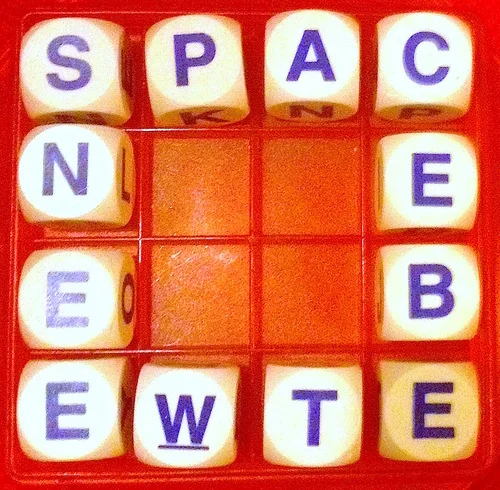Let’s hear it for some of the constellations that we used to have but are now ex-constellations.
Read moreAllusionist 182 Siblings of Chaos transcript
HZ: I thought the etymology of 'gas' was a big surprise as well.
SUSIE DENT: Oh, yes. It is a sibling of chaos.
HZ: In a sense, we're all siblings of chaos.
Allusionist 130 Valentine transcript
ST VALENTINE: I’m actually also the patron saint of beekeepers, epilepsy and plagues, but you don’t see beekeeper-shaped boxes of chocolates in the supermarkets in February, do you?
Read moreAllusionist 123 Celebrity transcript
GREG JENNER: If we look back at classical sources, where do we get fame from? What does it mean? What's the origin point? The Greeks had a goddess called Pheme, and she is a winged, beautiful goddess, with a trumpet. She parps a trumpet. And that is your name being sung into the heavens through the trumpet. So it's a nice thing. It's good. You get fame and it means people going to hear about you. But when you get to the Romans, and we get one of the most famous Roman writers, Virgil, in his Aeneid, he talks about Fama, where we get our word 'fame' from. That derives from the verb 'fari', meaning to speak or gossip about someone. And Virgil's Fama is not a beautiful goddess with wings and a parping trumpet; she's basically Godzilla. She's a terrifying, massive monster who stalks the land and she's covered with eyes and ears and tongues, and she grows in scale the more people that are gossiping about you. So the more you're being chatted about or gossiped about, the larger this monster becomes until she's vanishing into the clouds and she never sleeps. And she hunts you down. And Virgil's version of fame is predatory. It's terrifying. It's this enormous force of nature that comes for you, and there's nothing you can do about it.
Read moreAllusionist 98. Alter Ego - transcript
Today: three pieces about alter egos, when your name - the words by which the world knows you - is replaced by another for particular purposes.
How did John Doe come to be the name for a man, alive or dead, identity unknown or concealed in a legal matter? Strap in for a whirlwind ride into some frankly batshit centuries-old English law.
At their first bout of the 2019 season, the London Roller Girls talk about how they chose their roller derby names - or why they chose to get rid of one.
The 1930s and 40s were a golden age for detective fiction, which was also very popular and lucrative. Yet writing it was disreputable enough for authors to hide behind pseudonyms.
Allusionist 42+43. Survival: The Key rerun - transcript
I’ve been working on this mini series of episodes about minority languages and the threats they face and how they survive. Last episode, Welsh speakers took the drastic step of migrating to Argentina. But in researching it all, I keep referring back to a pair of Allusionists from a while ago: The Key. Part one, Rosetta, was about how a language survives in a physical form when its humans die, featuring the smash hit archaeological object the Rosetta Stone, and its namesake the Rosetta Disk, the linguistic key to the future. Part two is about how to decipher a dead language and why it might have died.
Read moreAllusionist 9. The Space Between - transcript
The Allusionist is a show about words, but today’s episode isn’t looking at words themselves, but what’s on either side of them: that is, nothingness.
If it weren’t for the absence of words, the words themselves would be rather incomprehensible - how do you know where one word ends and the next begins without the space between?
Since the spaces serve such a crucial function in language, I was pretty astonished to discover they are a lot younger than language itself.
Read more






